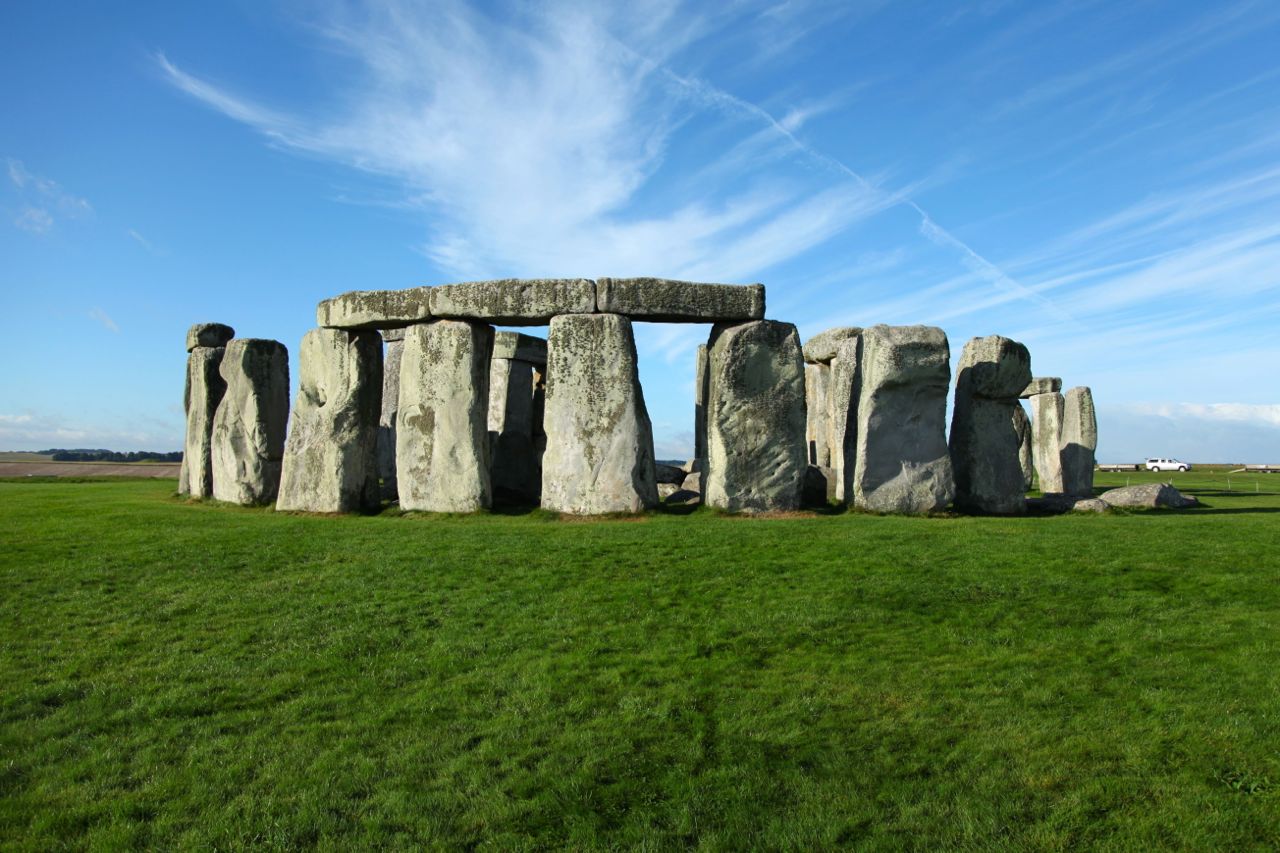Ingredients:
- Heat some milk with about 4 tablespoons of sugar and add a teaspoon of cinnamon. Cut bread into slices half an inch thick. Dip the slices in milk and leave in a table or tray about half an hour.
- Beat the eggs and put plenty of oil to boil in a pan (to float the toast). Pass the bread slices in egg and go frying in oil until golden brown but soft inside. Prepare a bowl with the cinnamon sugar mix (the ratio should be so that the sugar is light brown), and pass the bread in the mix as we taking them out of the pan, so that they are impregnated with sugar cinnamon. If you do not like cinnamon, are also good without it.
- Place the toast on a tray and wait to eat them when they are warm. Can be made in advance because they are very good too cold and they release the juice of sugar.
- The "torrijas" is a traditional dessert Easter in Spain and there are people who like to accompany them with a syrup made with honey and water that is served over the French toast when you are eating. In this case, do not pass through the cinnamon (black) sugar.
- Tip: The is soaked in milk for the creamy interior, but we must beware of the time and temperature of the hot milk, as if they are too soft, we will have trouble breaking when fried. (Imsol)
